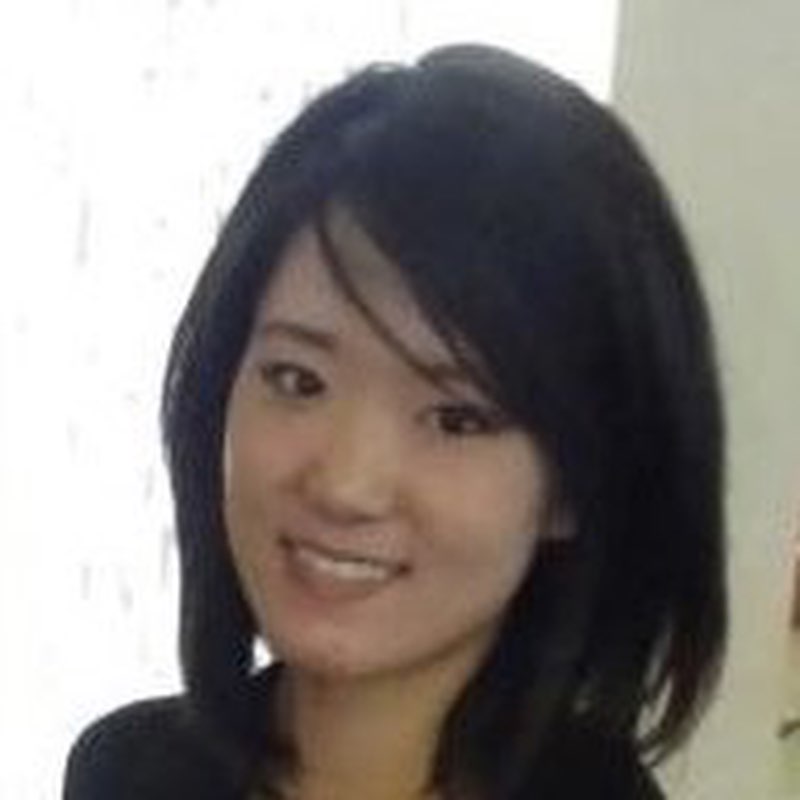Recently, Charlie was interviewed by Tsingyuan Ventures. With their permission, we’ve reprinted excerpts from his conversation below. You can read the entire interview on Medium or watch it in video form on YouTube.
What’s on his desk
My son is nine years old and very into LEGO. He’s always building these little pieces that he fidgets with during his Zooms for school. He gave me three awesome little characters that I keep on my desk. I also have a ginger beer bottle from my Chief Commercial Officer Darrin after we just closed the Series C financing. It says: tough times don’t last, tough people do. I’m really proud to have it.
His background studying astrophysics
I was born in Denver,moved to college in New York at Columbia, and then graduate school at the University of Wisconsin. I studied astrophysics. I’ve always been curious and excited about how the world works, how we work, and how the world interacts with how we work. Astrophysics is the ultimate version of that. You look at what you can measure and understand here on Earth, and what you can measure in space — the faint signal you pick up — and you interpolate between the two to create a better understanding of what’s out there.
I’ve always been really excited about seeing deeper. That’s a thread that has carried me through my career. My last company was a scanning electron microscope to democratize electron microscopy. We took large workhorse imaging instruments and turned them into a little benchtop cube that was affordable, cost-effective, and had the same performance as the high-end ones. Any researcher would be able to see more deeply into their sample.
I’ve always been really excited about seeing deeper. That’s a thread that has carried me through my career.
That’s also what we do at Mission Bio. We help our customers see more deeply into the patient, into the patient’s biopsy, and into ourselves — to understand more deeply how we work and how disease works. These measurement tools help us understand how the world works.
Journey to starting Mission Bio
I’ve been trained with breadth across different disciplines of science and how things work. That breadth rolls together into complicated systems. I’ve built systems that integrate the latest science and engineering, from software to hardware. At Mission Bio, I wanted to pull together the best technology and the top engineering minds to create an application that has real impact on human health.
Mission Bio
There’s a lot of expenditure in the U.S., and globally, on drug development R&D. We spend $60 billion in R&D money. But only about 3% of these drugs make it to market. About $10 billion of the $60 billion actually turns into a drug, and the other $50 billion dissolves and goes nowhere.
At Mission Bio, we believe there is room to amplify the $50 billion that doesn’t end up in a drug to make the next generation of drugs much more successful. That’s essential for our country because we spend so much money on R&D, and it’s essential because of the way health is delivered. It’s not a nationalized system; it’s really funded by the people. Technology needs to benefit patients, ultimately, and the best way to do that is to take that bucket of $50 billion that is not turning into drugs and use it to better effect.
We are very focused on bringing single-cell into real impact across cancer. Cancer is driven by the cell. Every cell is different and you’ve got to look at every cell, one by one, to really understand what the disease is telling you. We allow our customers resolution down to the cell.
Our platform is the best-in-class solution for cancer, which gives the ability to look at not just every cell, but every molecule that that cell has which tells you about it. We’ve purpose-built a platform to enable pharma drugs to come to market faster and to enable clinical research to happen faster.
Our mission is to enable our customers to eradicate cancer. Everybody is at the company to do that, and the technology is built to enable that.
How he leverages the “lean startup” in life science
With Mission Bio, we had a breadboard platform that we spun out of UCSF in 2014. We broadcast ourselves as a service business running real-world samples and quickly found out if there was a need for the market. So we could validate our hypothesis of what the market wanted, and then figure out which applications the market wanted to run on the platform.
By the time we built the first product, we knew what the market wanted, and we built exactly what it wanted. We’ve kept that for the platform when building out new applications. We start it as a service to find out whether it’s going to work on the platform and where the market really wants us to develop it. And then, by the time we hit the market, we know exactly where it’s going to play.
By the time we built the first product, we knew what the market wanted, and we built exactly what it wanted.
On choosing co-founders
The question of finding co-founders is the most important question a founder can ask himself/herself when starting a company. With Mission Bio, I was looking for a technology to spin out of the university, so the co-founders came with it. But I was looking for the right founding team and co-founders, who could either come into the company or continue supporting the company in an academic setting.
I have both a business and an engineering background, but I had much less life science background and I had little microfluidics background, which is the foundation of our technology. It was very important to align with co-founders who filled in those gaps in my skill set. That’s important introspection for any founder: where are the gaps that need to be filled as you’re building the company for the first few years?
That’s important introspection for any founder: where are the gaps that need to be filled as you’re building the company for the first few years?
On hiring talent
Number one is to find people who align with your mission. We are a very mission-driven company; we hire people who align with our mission of helping our customers eradicate cancer. Number two is to find people who have the experience needed in any specific role, to be able to really build it from the early days.
We want to find people who not only know their experience but know what they don’t know and how they can fill in their gaps.
We want to find people who not only know their experience but know what they don’t know and how they can fill in their gaps.
Biggest challenge as CEO
Mission Bio is a platform, and there are a lot of applications you can run on a platform. Some of them will win in the market and are the largest market opportunity, some of them are urgently needed right now, some of them will have the highest impact, and some of them are frontier — it could be years before the market really needs it.
For our company leadership, the biggest challenge is to constantly pulse the market and match that with the capabilities of the platform and the talent that can build the platform. We need to figure out where the sweet spot is for the applications we’ll take on right now. And then also align the roadmap with applications that the market will need over the next 1–3 years.
The biggest challenge is to constantly pulse the market and match that with the capabilities of the platform and the talent that can build the platform.
Best advice for company-building and career
The best advice I’ve been given is: go where your passion is, and go where your impact will be. Every one of us has a unique history that enables us to have a certain impact. But there are a lot of different directions that impact can go. Where do you see yourself having your biggest impact in a way that aligns with your personal history and your experiences?
This is also useful for thinking about your career. Think not so much about where you want your career to go, but think about the impact that you can have. Along the way, we’re given so many resources that it’s a matter of filtering through that and understanding who we are, who you are deeply as a person, where your strength is, and where you can serve the best impact.
Where do you see yourself having your biggest impact in a way that aligns with your personal history and your experiences?
Impact of COVID-19
In the early stages of the pandemic, we were impacted the same as everyone: we needed to scramble to figure out how to react. But our market came back very quickly. We operate in a space where there is real impact with our tools. Cancer is not sheltering at home. Unfortunately, cancer is just as big of a problem as ever. It will be a bigger problem as people are not going in for routine monitoring and testing. The need is there just as much as ever.
Question he wishes was asked more often
What are you passionate about? Personally, I’m passionate about having an impact in cancer and enabling drugs that will improve cancer patients’ lives. And I’m passionate about my family.











